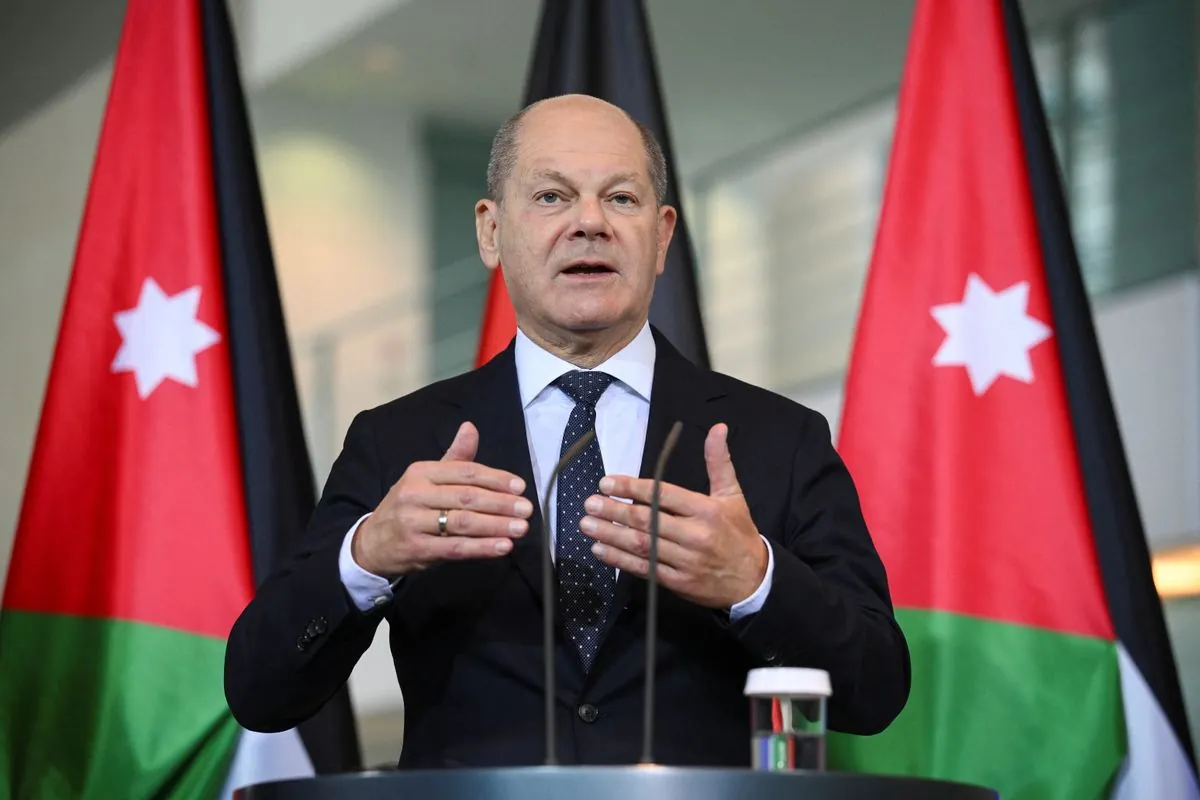Olaf Scholz, the current Chancellor of Germany, has declared his intention to stand for re-election in 2025, despite facing unprecedented low approval ratings. Recent polls indicate that only 16% of Germans are satisfied with his coalition government, while a mere 18% express approval of Scholz personally.
These figures represent the lowest approval ratings for a German chancellor since 1997, when Helmut Kohl faced public disapproval due to a party bank accounts scandal. Despite this, Scholz remains confident in his chances for success in the upcoming election.
In a rare interview with Tagesspiegel, Scholz stated:
"I firmly expect that the SPD and I will have such a strong mandate in 2025 that we will also lead the next government."
Scholz attributes the poor polling numbers to media focus on coalition infighting and superficial aspects of politics. He criticized the tendency to report on who is "performing well" or "misbehaving" rather than substantive policy issues.
The Chancellor acknowledged that public disputes within his "traffic light coalition" - consisting of the Social Democratic Party (SPD), Free Democratic Party (FDP), and Green Party - have distracted from the government's achievements. This coalition, which succeeded Angela Merkel's government in 2021, has faced numerous challenges since taking office.
Germany's political landscape has become increasingly complex, with the rise of far-right and populist parties posing additional challenges. The Alternative for Germany (AfD), founded in 2013, has gained significant support in recent regional elections. In Thuringia, the AfD secured 33.2% of the vote, while in Saxony, it nearly matched the conservative party's results.
Furthermore, the newly formed Sahra Wagenknecht Alliance, a leftist populist party, has quickly gained traction. In just eight months since its founding, it has outperformed all three parties in Scholz's coalition in some polls, garnering between 11.5% and 15.6% of potential votes.
These developments reflect growing public discontent over issues such as immigration, security concerns, and Germany's response to Russia's actions in Ukraine. The strength of these anti-NATO, anti-immigration, and Russia-friendly parties may complicate the formation of ideologically coherent coalitions at both state and federal levels in the future.
As Germany approaches the 2025 federal election, Scholz faces the challenge of rebuilding public trust and addressing the concerns that have led to the rise of populist movements. The outcome of this election will be crucial for Germany's political direction and its role within the European Union and NATO.
